Food for the brain
Food for the brain reduces the risk of Alzheimer's Disease and other dementias.
Few things terrorise us more than the sneaking suspicion that we are losing it. You can no longer remember people's names and then you find that, unable to locate the sugar you had put the bowl in the fridge instead of its usual spot on the shelf.
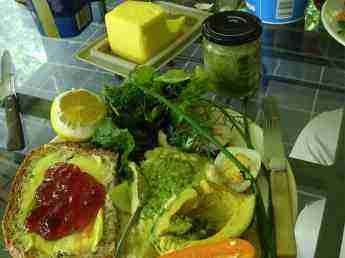
In my own particular case it was the inability to recognise some common item that I was hunting for, only to find it right under my nose. Yesterday it was the butter on the dining room table; with the lid on, I missed it at first-glance.
A few months ago I went soaring for the first time at an unfamiliar airfield. I got in a panic when I could not locate the landing-strip that was clearly visible right off the left wing. Sadly, it was the sign to quit before a horrible accident; flying is more than other sports particularly unforgiving.
You will have your own little scares. Is this the normal part of aging, or is it the first sign of dementia? I decided to do some homework to find out what the literature has to say about food for the brain.
Here is the checklist that I drew up.
There are now known to be at least 40 different compounds that we absolutely must get from our food. But it's absolutely impossible to track whether you have had sufficient apigenin or vitamin-E today, for example; you would go crazy.
Instead follow the two golden-rules.
- Eat whole-foods, for example apples not the juice.
- Enjoy many coloured-fruits and vegetables daily.
|
Desirable Folate Vitamin E Vitamin D Vitamin C Omega-3 Anthocyanins Apigenin Reservatrol Betaine Choline Carotenoids |
Food found in Greens like lettuce 100% wholemeal Seafood and sunshine Citrus, peppers and berries Fatty-fish and flaxseed Purple-berries, grapes and tomatoes Parsley Berries and grapes Beetroot and true whole grains Eggs Orange and red foods like carrots and tomatoes |
Check √ √ √ √ √ √ √ √ √ √ √ |
A critic could readily shoot holes in this little list; there are many gaps, in particular minerals that are essential in the chemical processes that use this food for the brain. And where are the legumes, nuts and seeds?
We just need to eat from a very broad-spectrum of foods to get the nutrients our bodies and brains desperately need.
Bad food for the brain
The research community has come up with several studies linking petroleum based food dyes with attention deficit-hyperactivity disorder; and in fact many other serious conditions including cancer, diabetes and obesity.
Instead those researchers have recommended food companies replace them with beetroot, watermelon and carrot juice.
The licenses for numerous food colouring will be revoked in the coming months.
"American children have been living in a toxic soup of synthetic chemicals for 50 years."
- US Food and Drug Administration
The obvious question is how on earth did the FDA ever come to license these obviously bad foods for the brain in the first place?
Homocysteine
Homocysteine is a highly toxic breakdown product of protein-metabolism that is strongly associated with damaging effects on the brain and heart cells.
The body normally breaks it down immediately but many of the above desirable food substances are required for the process.
Nitrate
Hypertension is strongly associated with dementia, probably due to the
reduced blood flow to the brain. Foods such as beets that are rich in
minerals boost nitric oxide levels that relax the arterioles that
supply the nerve cells; so are the stalks of dark-green leafy vegetables like spinach.
Exercise
Whilst not food for the brain, exercise contributes by keeping our blood-sugar down and helping make sure that these desirable substances actually reach those nerve tissues where they are so vitally needed.
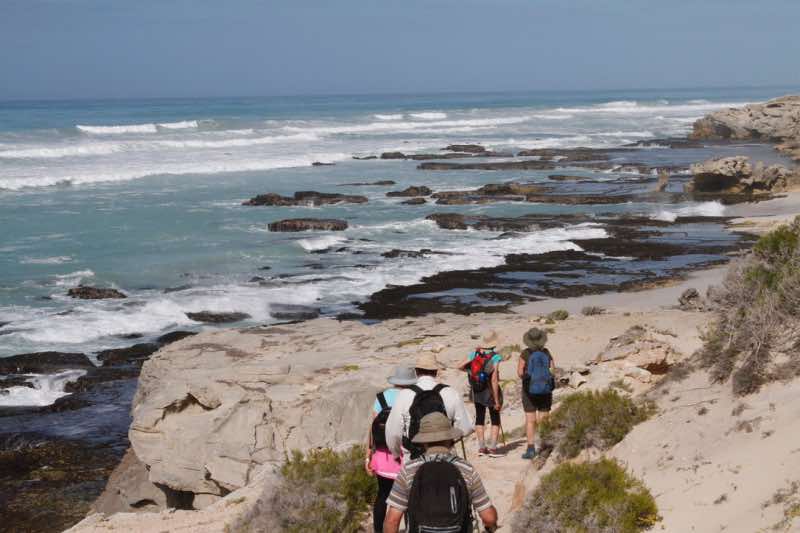 |
 |
Food for the brain
Food for the brain helps make sure we do not lose our marbles by preventing the build up of toxic compounds like homocysteine and damaging free-radicals.
Cut dementia by nearly a half with these 14 modifiable factors.
Food nut neurosis
A serious psychological-disease lurks if you become obsessed with trying to get all these foods for your brain.
Notice a few simple rules.
- Enjoy plenty of coloured fruits and vegetables.
- Avoid ultra-refined products which I am reluctant to call food.
- Certain oils are vital especially those in fatty-fish, avocados and olives.
- The young and elderly need a little extra protein; but not in the mid-years.
- Sugar, cornmeal and refined-flour are conspicuously absent.
Try to follow those simple rules; then you can relax and avoid food nut neurosis.
General well-being
It is no coincidence but these are the very foods that minimise the risk of hypertension, heart disease and type-2 diabetes; and obesity. They are all strongly associated with dementia.
Much of it has to do with the well-being of our blood vessels; those lifestyle factors that damage our arteries are little different to those that cause havoc with our brains.
At the heart of it are the chronically raised blood-glucose of obesity and the inflammation of capillaries caused by smoking; the very devils that destroy our marbles.
Inflammation
Inflammation of the tissues of the body, including the brain, has at its heart what is known as oxidative-stress.
Compounds like homocysteine are not disposed of as fast as they should be; and there is a build up of free-radicals which damage both our genes and organs.
These free-radicals that cause inflammation are neutralised by the antioxidants, phytochemicals and vitamins in our diets.
If we are not consuming them on a daily basis, especially as we get older when everything starts to happen more slowly, then gradually there is neuronal-damage and consequently dementia is inevitable.
The second-brain
The colon is being called the second-brain because of the host of
neurotransmitters that are produced in and by the gut. Astonishingly
there are 2kg of friendly bacteria, viruses and yeasts in the happy
colon; worms too.
Probiotics like kefir help restore these bugs. Wherever possible, let your food be your medicine; you never get the wide-diversity needed from a supplement.
But antibiotics and the soup of toxic-chemicals that we consume play havoc with this microbiome, as it is known.
Food for the brain is not only about what we consume but also that which we should avoid.
Top of the list are the non-caloric artificial sweeteners (NAS) that alter both the composition and function of the microbiome; and drive the development of glucose intolerance and raised blood sugar[1].
Sucralose which is sold under the brand name Splenda is coming in for a lot of stick; it is used as a sweetener in many baked goods, colas and frozen dairy desserts. It damages our DNA and wears down the lining of the intestine causing leaky gut syndrome. Symptoms include diarrhoea, indigestion and bloating[3].
They also make us more vulnerable to attack by antibiotic-resistant bugs[2].
Take-home
The take-home from of all of this is that it is a complex subject to which researchers are adding daily to the literature.
The best we can do is to eat food for the brain as often as possible, especially many different coloured-fruits and vegetables; and avoid chemicals like saccharin and aspartane that are far more deleterious than the sugar we are avoiding.
Enjoying our food is important. The tongue can be trained to tolerate and even enjoy
beets, kale and berries; lemons, herbs like parsley and basil too.
The material expressed on this page is gleaned from the nutritional and environmental literature; it is clearly referenced. A plain distinction is made between the author's opinion and that which is scientifically proven. When in doubt consult your health professional.
To suggest a correction or clarification, write to Dr Bernard Preston here. Contact.
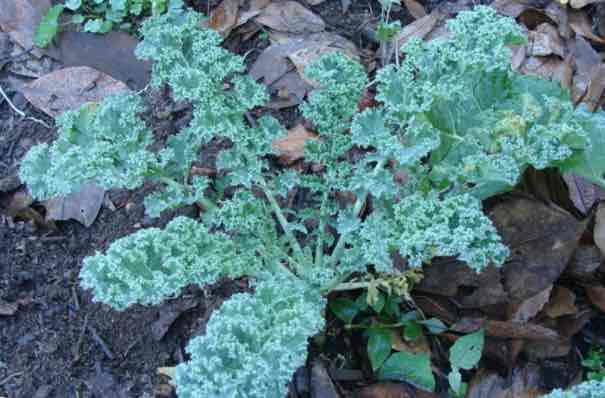 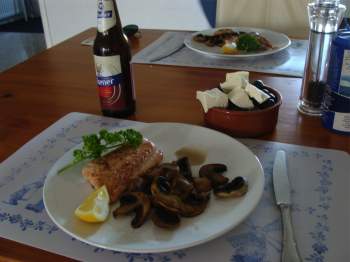 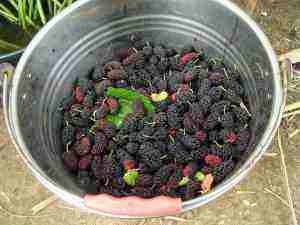 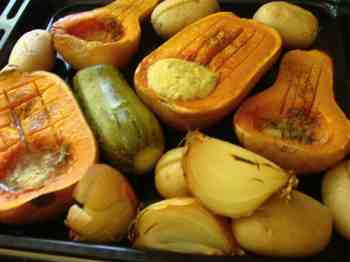 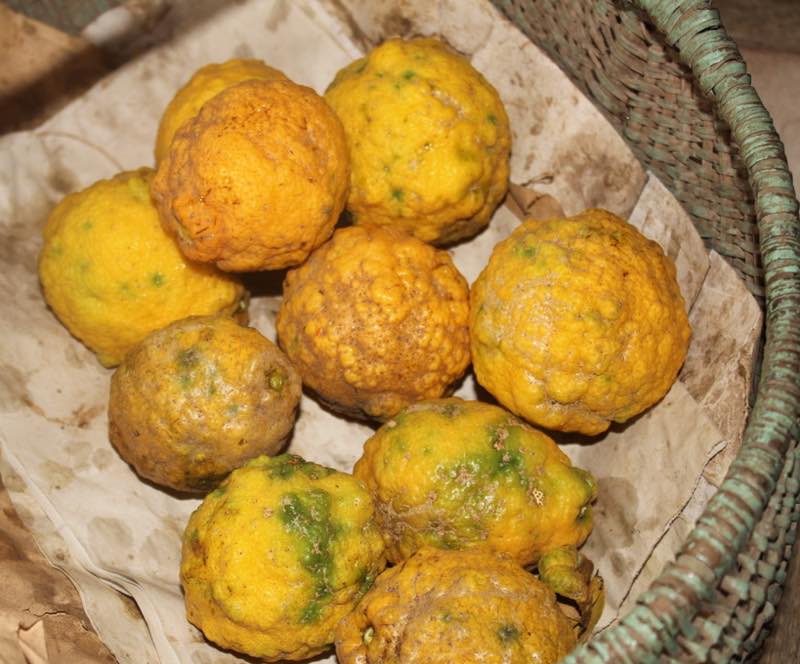 |
 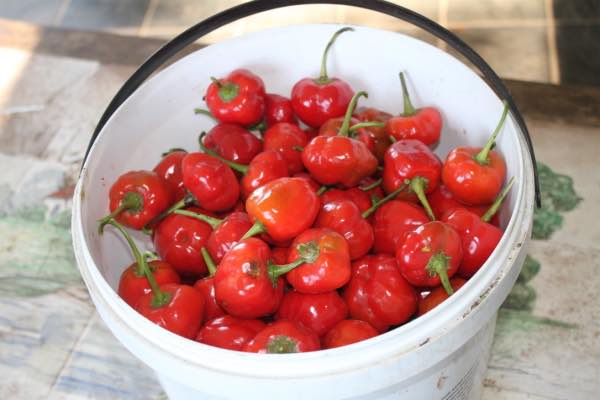 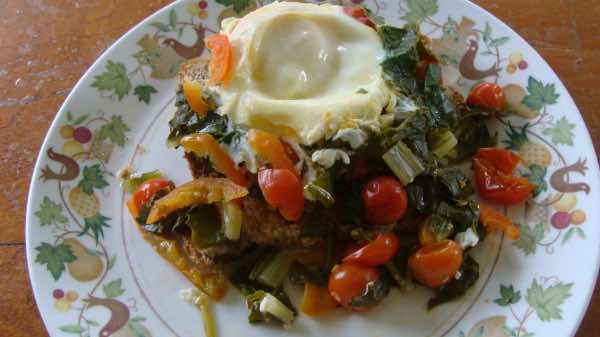 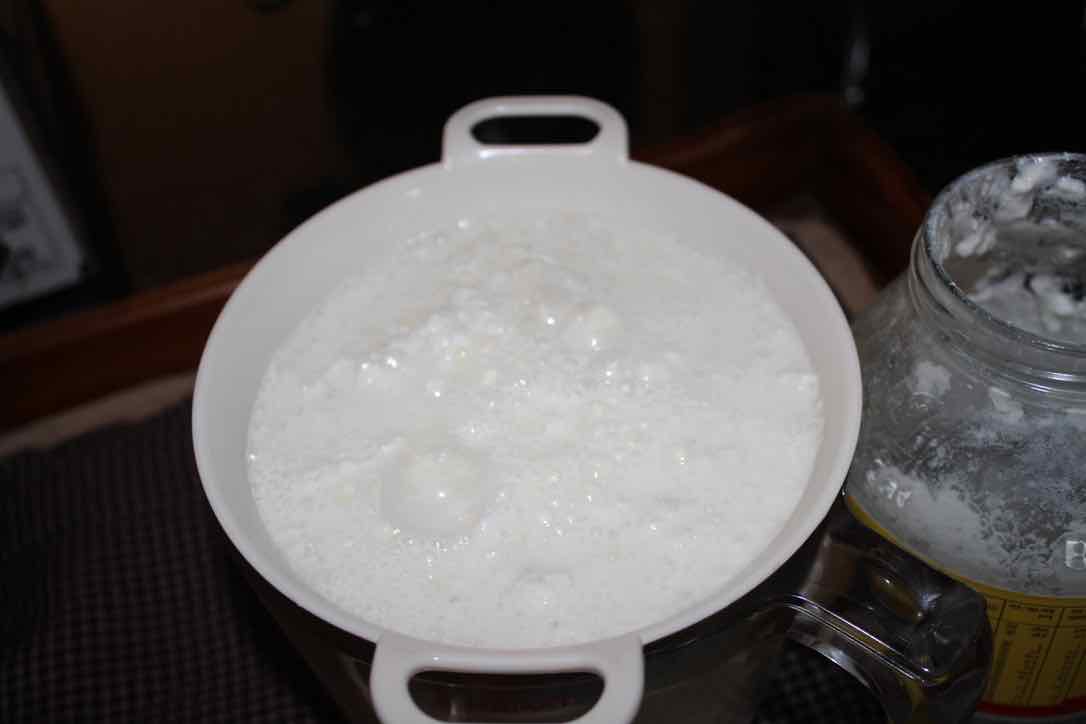 |
When browsing use right click and "Open Link in New Tab" or you may get a bad gateway signal.
Newsletter
Our newsletter is entitled "create a cyan zone" at your home, preserving both yourself and Mother Earth for future generations; and the family too, of course. We promise not to spam you with daily emails promoting various products. You may get an occasional nudge to buy one of my books.
Here are the back issues.
- Lifestyle and ideal body weight
- What are ultra-processed foods?
- Investing in long-term health
- Diseases from plastic exposure
- Intensive lifestyle management for obesity has limited value
- A world largely devoid of Parkinson's Disease
- The impact of friendly bacteria in the tum on the prevention of cancer
- There's a hole in the bucket
- Everyone is talking about weight loss drugs
- Pull the sweet tooth
- If you suffer from heartburn plant a susu
- Refined maize meal and stunting
- Should agriculture and industry get priority for water and electricity?
- Nature is calling
- Mill your own flour
- Bake your own sourdough bread
- Microplastics from our water
- Alternative types of water storage
- Wear your clothes out
- Comfort foods
- Create a bee-friendly environment
- Go to bed slightly hungry
- Keep bees
- Blue zone folk are religious
- Reduce plastic waste
- Family is important
- What can go in compost?
- Grow broad beans for longevity
- Harvest and store sunshine
- Blue zone exercise
- Harvest and store your rainwater
- Create a cyan zone at your home
Did you find this page interesting? How about forwarding it to a friendly book or food junkie? Better still, a social media tick would help.
Address:
56 Groenekloof Rd,
Hilton, KZN
South Africa
Website:
https://www.bernard-preston.com